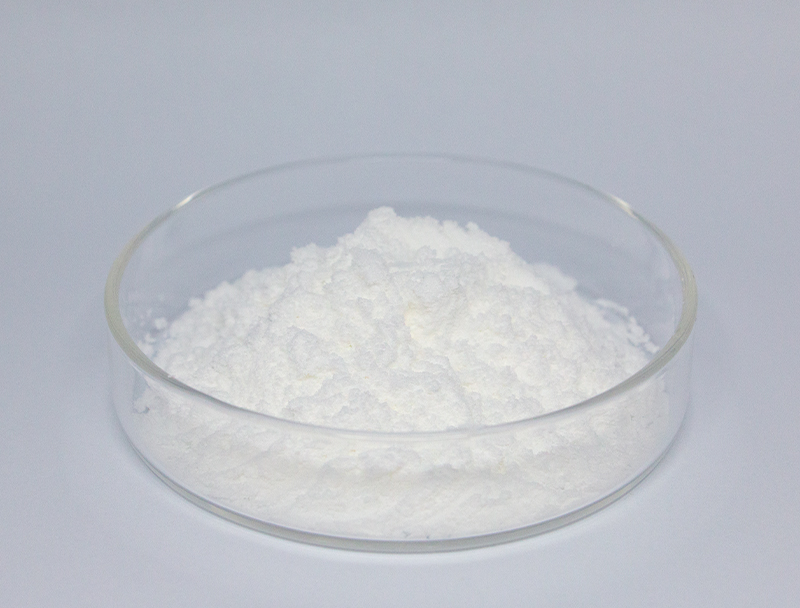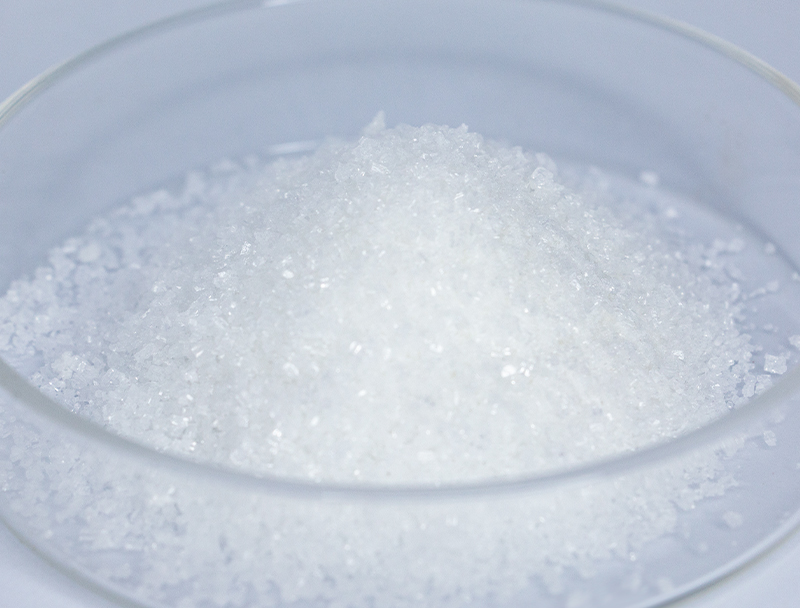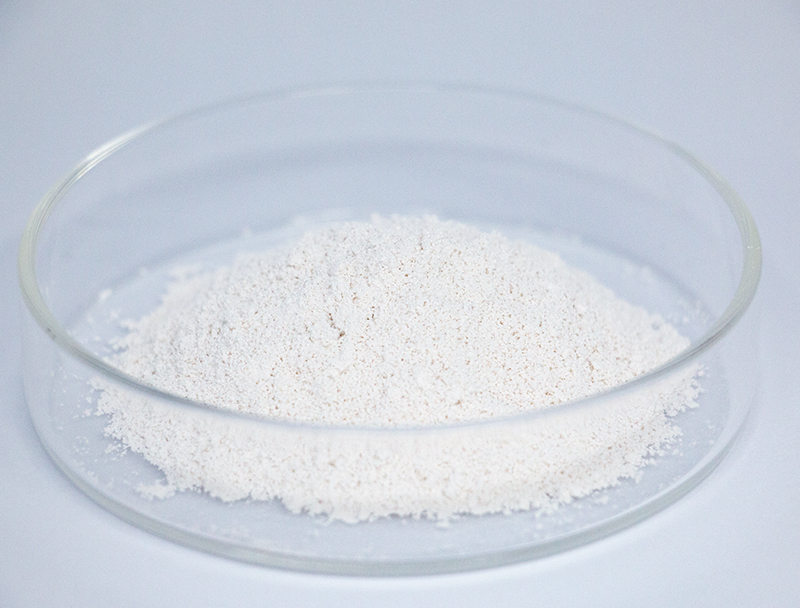
Advanced biosystems are built around a wide assortment of feedstocks for fabricating next-generation bio-products.
Maintaining responsible procurement of such inputs forms the foundation of durable, responsible industrial growth.
an array of drawbacks from conventional supply chains for instance pollution and systematic depletion of reserves. Hence, stakeholders must deploy sustainable supply practices to minimize environmental costs.
- Illustrations of eco-conscious sourcing involve:
- Integrating compostable agricultural waste into supply chains
- Adopting looped production models to decrease loss and amplify reuse
- Building relationships with nearby vendors dedicated to moral sourcing
Adopting sustainable feedstock strategies yields environmental wins alongside fiscal sustainability.
Tuning Feedstock Characteristics for Higher Biofuel Efficiency
Increasing biofuel conversion efficiency is tied to feedstock composition and condition. Analysts tirelessly probe advances to elevate feedstock conversion, resulting in superior production volumes and sustainable energy gains. Efforts pair genetic enhancement for feedstock abundance with advanced pretreatment to produce usable sugars.
- Concurrently, efforts examine seaweed, industrial byproducts, and crop residues to increase the variety of renewable feedstock alternatives for fuel production.
- By means of ongoing innovation the biofuel sector can achieve substantial advances soon, shaping a cleaner energy future.

Optimizing Early-Stage Biomanufacturing Processes
spans early manufacturing steps including propagation and cell separation Contemporary breakthroughs have refined protocols and elevated product throughput.
Pivotal enhancements embrace high-performance cell lines, balanced media compositions, and intelligent reactor control systems. These developments raise yield and cut costs as well as diminish environmental consequences.
- Moreover, continuous manufacturing adoption is enabling dynamic control and greater adaptability in upstream workflows.
- The progression to advanced biomanufacturing approaches should modernize the field and quicken therapeutic progress.

Advances in Gene Editing to Boost Therapeutic Production
refinements in gene-targeting technologies have advanced protein production workflows. Through controlled genetic modifications, 5-Aminolevulinic acid practitioners increase therapeutic protein production. This capability can unlock development of cost-efficient, high-performance biologics for many conditions.
Leveraging Microbes to Tackle Environmental Pollution
cutting-edge microbial approaches that remediate contamination sustainably. Specialized microbes can enzymatically degrade pollutants to reduced-toxicity products.. Using microbial biotechnology enables remediation strategies that balance effectiveness with ecological protection. Scientists evaluate varied microbes for potential to remediate metal contaminants, pesticide compounds, and oil-derived pollutants.. The microbes may be applied within engineered reactors or in situ to catalyze pollutant degradation via biotransformation..
Microbial-based approaches to remediation bring considerable advantages over traditional solutions. The approach tends to lower treatment costs and avoids producing toxic residuals. Additionally, microbial tactics can target contaminants selectively while preserving surrounding ecological systems. Ongoing innovation aims to boost the throughput and efficacy of microbe-driven remediation approaches.
Informatics-Driven Strategies for Drug Design
Informatics platforms are essential to current drug discovery and development pipelines. By integrating diverse datasets, bioinformatics enhances candidate identification and therapeutic optimization.
- With analysis of broad omics and clinical datasets, bioinformatic experts identify targets and model drug effects.
- Moreover, bioinformatics contributes to drug design by simulating the interactions between drugs and their targets, ultimately leading to the development of more effective drugs.
- Finally, bioinformatics is revolutionizing the drug discovery and development process, accelerating the time to bring safe and effective treatments to patients in need.
Pathway Engineering for Greater Bioproduct Yields
applies assorted techniques to boost microbial synthesis of valuable compounds. Approaches may include genome edits to rewire pathways, transcriptional control to tune expression, and heterologous gene insertion to add functions.. Via targeted metabolic optimization researchers can meaningfully escalate production of desired biochemicals.
The multifaceted strategy promises to reshape sectors like biotech, agritech, and renewable fuel industries.

Industrializing Biopharmaceuticals: Risks and Rewards
Upscaling therapeutic manufacturing brings major obstacles along with promising prospects. A primary obstacle is ensuring uniform quality control as volumes rise. Tackling it demands tightly integrated control systems, precise surveillance, and state-of-the-art analytics.

A further difficulty lies in process complexity, with many interdependent production phases.. Refining processes for commercial volumes demands deep R&D investment and novel engineering solutions.. Nevertheless, the upside can be significant. Effective scale-up may expand patient access to therapies, cut unit costs, and improve margins.
Multiple programs focus on resolving scale-up difficulties. Efforts include process-digitization tools, integrated analytics for monitoring, and fresh manufacturing paradigms.
- Development efforts are also playing a crucial role in advancing biopharmaceutical production capabilities.
- Authorities are revising processes to enable faster clearance of manufacturing innovations and encourage progress.
Regulatory Considerations to Maintain Biopharmaceutical Safety and Performance
The development of biopharmaceuticals is a complex process that requires stringent regulatory oversight to ensure both patient safety and product efficacy. Biologically based treatments require tailored oversight and production controls beyond those for typical medicines.
Agencies like FDA and EMA develop frameworks and criteria for validating and approving cutting-edge biotherapies..
Robust assay and safety testing are obligatory from discovery through post-marketing surveillance.. The protocols serve to uncover safety concerns and certify that products fulfill rigorous protection standards..
Likewise, authorities progressively modify regulatory tactics to follow the speed of innovation in biopharma.. Efforts comprise integrating cutting-edge tools and easing development pathways while upholding patient safety.

Exploring the Potential of Plant-Based Biomass Feedstocks in Bioplastics
Growing emphasis on eco-conscious materials catalyzes research into plant-based options. Bioplastics produced from plant biomass form a compelling option for lowering environmental footprint. Renewable inputs including cornstarch, cellulosic matter, and sugarcane biomass can be processed into biodegradable plastics that minimize long-term pollution.
Also, many renewable bioplastics exhibit comparable mechanical and functional traits to conventional plastics across applications.. Further innovation is required to mature plant-based bioplastics for broad adoption and circular economic models.
Biotech Contributions to Global Health and Crop Productivity
Biotech provides transformative capabilities that can change healthcare outcomes and strengthen food systems. Through CRISPR, synthetic circuit design, and cell therapy progress, developers generate methods to counter infectious agents, optimize crops, and elevate nutritional profiles.. To illustrate, modified plants designed for pest resilience and environmental tolerance can raise outputs and reduce pesticide application.. Also, biotechnological innovation fuels development of immunizations, antimicrobial treatments, and diagnostic platforms vital for disease control and population health.. Looking forward, continued biotech progress promises to deliver therapies and agricultural solutions that support health and sustainability worldwide.
 L-arginine-α-ketoglutaric acid
L-arginine-α-ketoglutaric acid